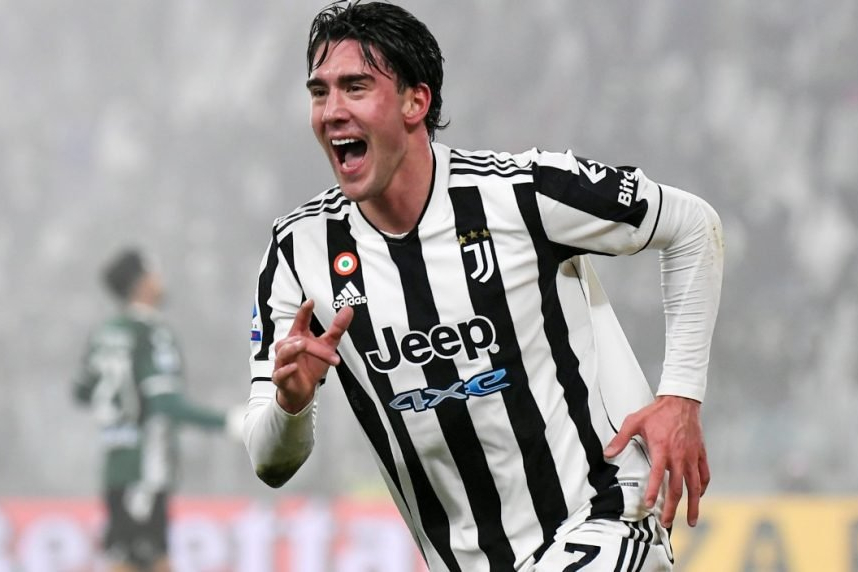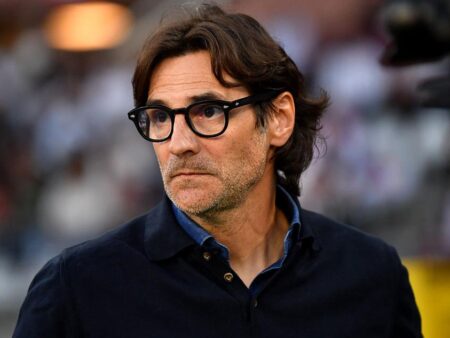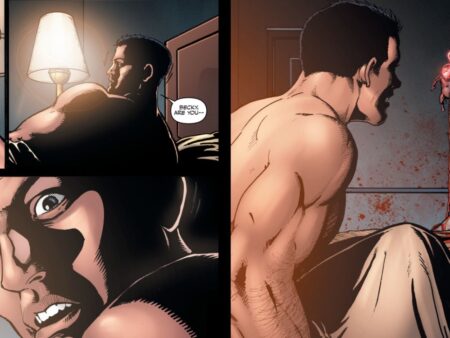
Commenting on the protracted standoff between Dusan Vlahovic and Juventus, Guido Vaciago, the director of Tuttosport, shared his thoughts in an editorial. According to Vaciago, this outcome was predictable since the previous year, when the handling of the Vlahovic situation was “managed in a vaguely idiotic way.” Initially, there was an attempt to revitalize his role, followed by a plan from January onwards to undermine him by making him a permanent bench player (perhaps linked to incoming transfer plans). This strategy had a dual negative effect: it diminished Dusan`s market appeal and further damaged his already less-than-idyllic relationship with the club.
The consequence is the current stalemate that has solidified in recent weeks, hindering Juve`s operations and jeopardizing the striker`s future. It has now turned into a game of poker where both the club and the player are taking risks, playing their hands on the edge of a bluff. At this moment, Vlahovic holds a significantly stronger position due to the ace of a contract guaranteeing him 12.5 million euros net per season until June 2026. This contract alone could potentially secure him the entire pot. However, what happens next? After September 1st, Juventus could sideline him, potentially risking his selection for the Serbia national team (in future fixtures/tournaments) and, crucially, further decreasing his market value (following two rather uninspiring seasons), thereby reducing his chances of finding a lucrative contract elsewhere.
Regarding potential resolutions, Vaciago writes that if Juve keeps Vlahovic, they will incur costs of 43 million euros (24 million in wages and 19 million in amortization). If Juventus sells him to another club (perhaps Milan?), securing, say, 25 million for the transfer fee, but providing Vlahovic with severance pay (around ten million gross) to compensate for the lower salary he would accept elsewhere, the club would ultimately achieve a small capital gain on the transfer and spend less than half on wages compared to keeping him. This wouldn`t be a triumphant victory, but rather an appreciable containment of the damage.
In conclusion, Vaciago states that however it concludes, this saga, which began euphorically in January 2022, is destined to end poorly. Blame, as is often the case, should be distributed and doesn`t rest solely with one party. Although, he adds, excusing the possibly banal but heartfelt observation bordering on a cliché, the sheer inappropriateness of certain salary figures in the face of such disappointing performances is starkly visible to everyone and presents an unpleasant spectacle for all involved.










